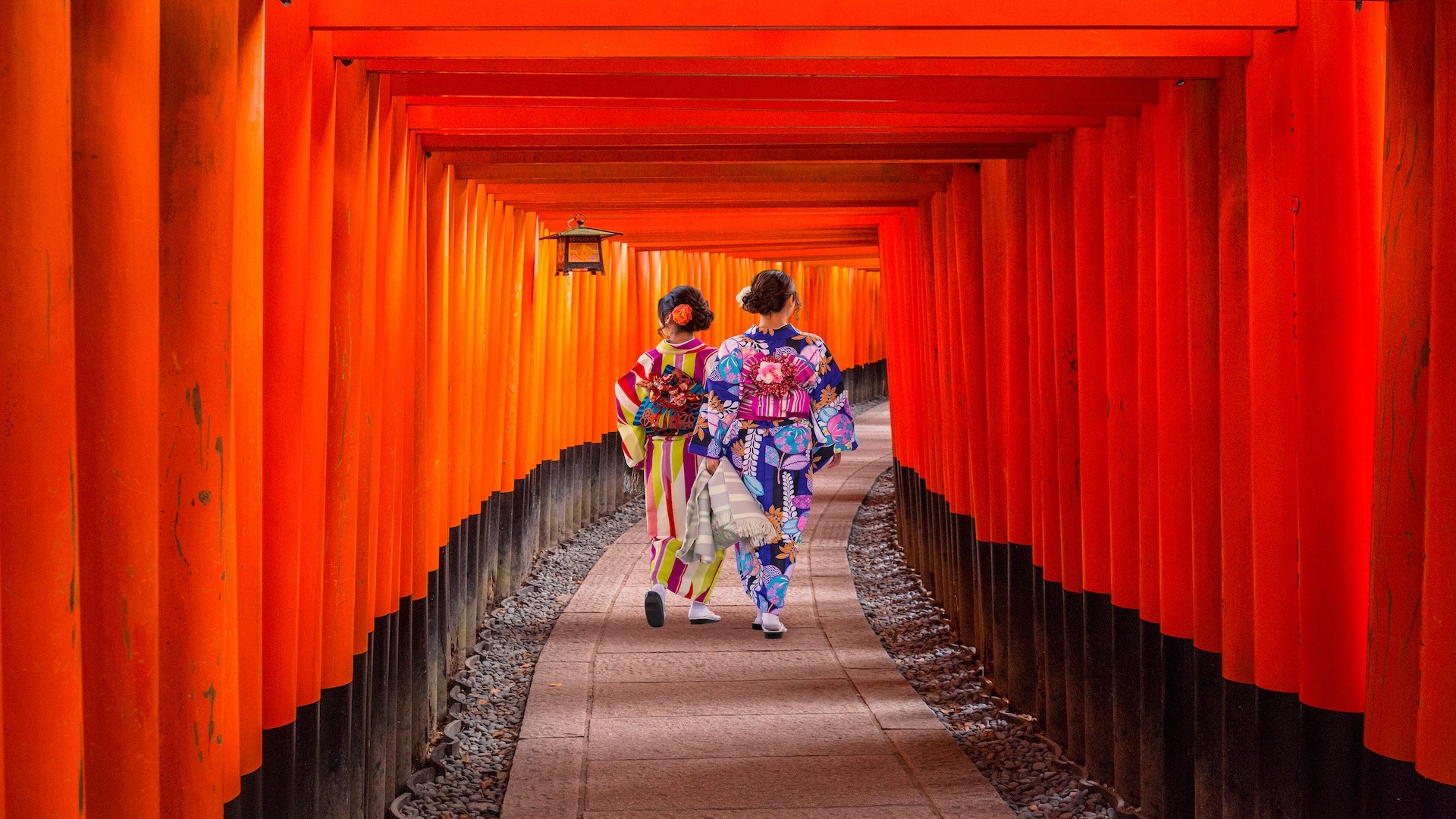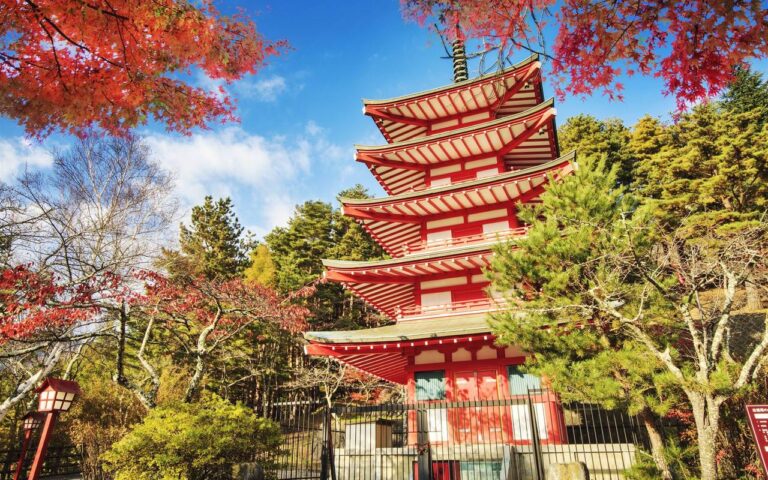Understand the significance of the Culture Festival
The Culture Festival was initially established in 1948 with the aim of commemorating the promulgation of the post-war constitution, which emphasized peace and culture. Over the years, it has evolved into a day dedicated to promoting cultural awareness and appreciation across the country. On this day, a wide variety of events and exhibitions are held, covering everything from traditional Japanese arts to modern cultural expressions.
One of the highlights of the Culture Festival is the renowned Cultural Merit Awards ceremony. During this ceremony, the Emperor commends individuals who have made significant contributions to Japanese culture. This event underscores the importance of both the preservation and innovation of Japanese culture.
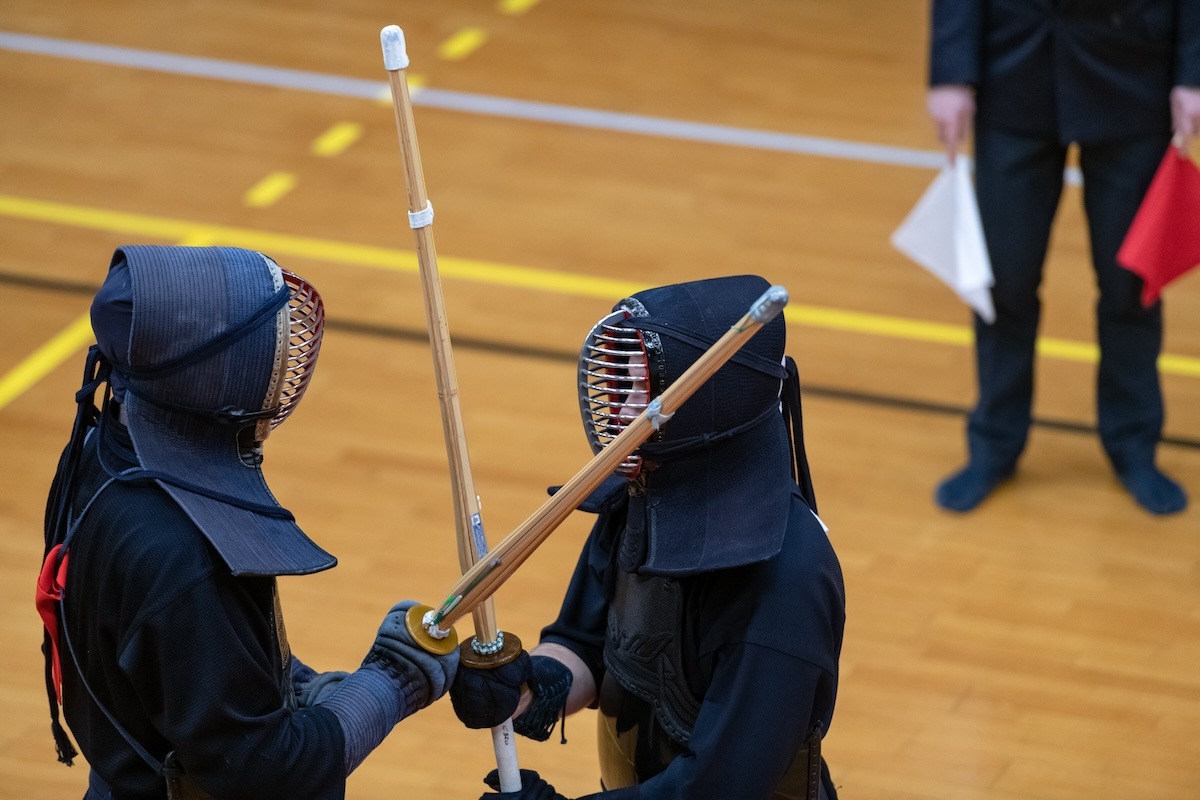
Festivals and Events: A Cultural Feast
The Bunka Festival is celebrated throughout Japan with a large number of events, each of which showcases the country’s multicultural flavor in a unique way. From bustling cities to tranquil villages, you’ll find a wide variety of events to enjoy.
In Tokyo, Meiji Jingu Shrine hosts a grand festival, performing traditional music, dance and martial arts. Visitors can witness the elegance of kendo and the beauty of Noh theater in the peaceful surroundings of the shrine.
Kyoto is known for its rich history and cultural heritage, offering visitors a more traditional experience. The city’s many temples and shrines open their doors to the public, and visitors can tour their sacred sites and take part in cultural workshops. Don’t miss the chance to experience flower arranging or the tea ceremony.
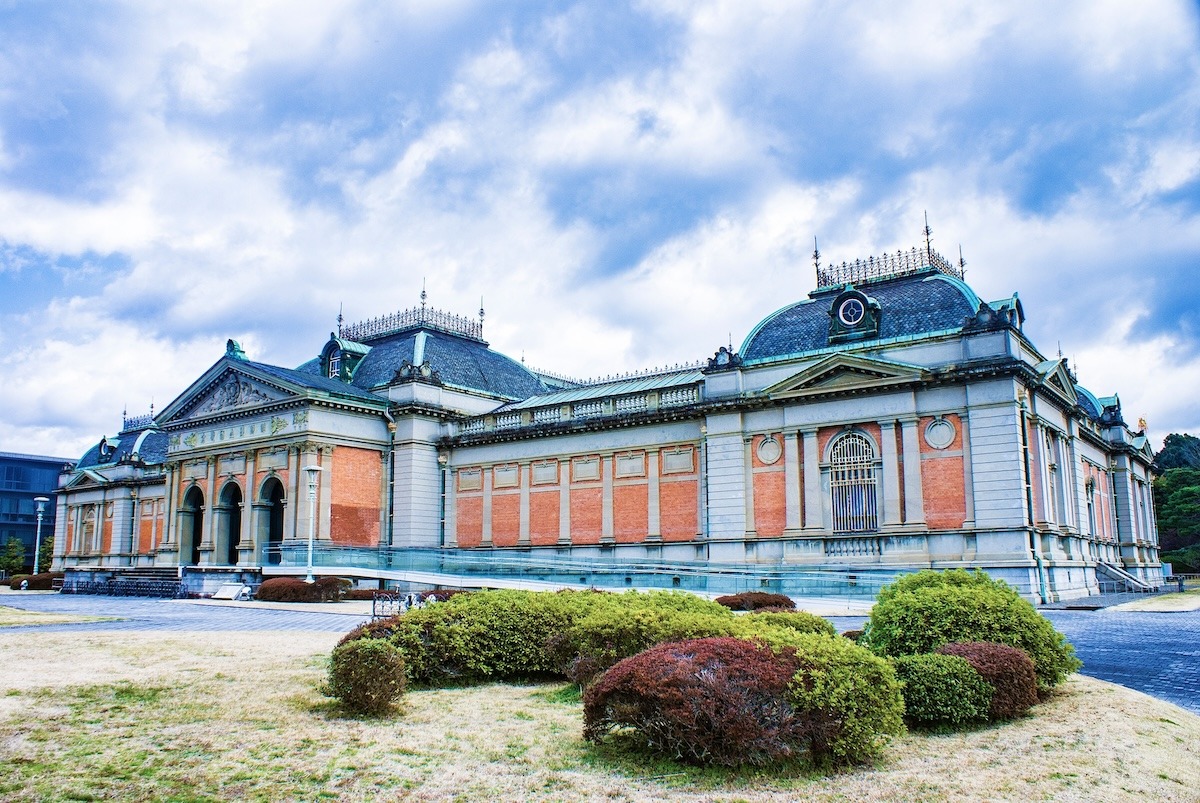
Explore art and museums
Culture Day is also a great opportunity to explore the Japanese art scene. With many museums and galleries offering free or discounted admission, it’s the perfect time to delve into the country’s artistic heritage.
>National Museum of Modern Art The National Museum of Tokyo showcases a breathtaking collection of contemporary Japanese art, while the National Museum of Kyoto offers an insight into Japan’s historical art forms. For those interested in traditional crafts, Tokyo’s Museum of Japanese Folk Crafts is a must-see, with its fine pottery, textiles and woodwork.
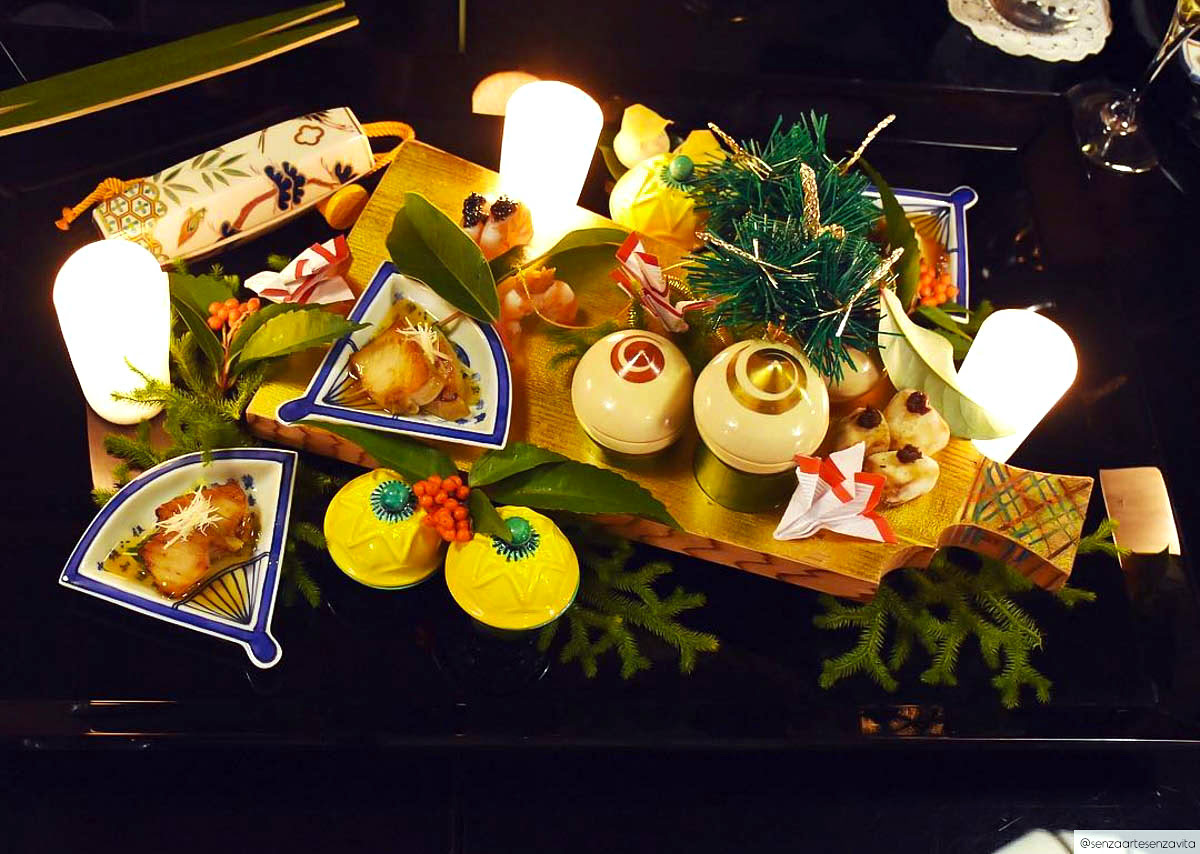
Gourmet Tours Tasting the Flavors of Japan
No cultural exploration is complete without sampling the local cuisine, and Culture Day is the perfect opportunity to sample Japanese food. From street food stalls to fine dining restaurants, the options are endless.
Start the day with a traditional Japanese breakfast of miso soup, grilled fish and rice. For lunch, browse the bustling food market for sushi, tempura and ramen. Don’t forget to try takoyaki (octopus balls) and okonomiyaki (savory pancakes) for a taste of local street food.
In the evening, you can enjoy kaiseki cuisine, a multi-course dining experience that showcases the artistry and precision of Japanese cuisine. During your meal, you can also experience the authenticity of the cuisine with a choice of sake or green tea.
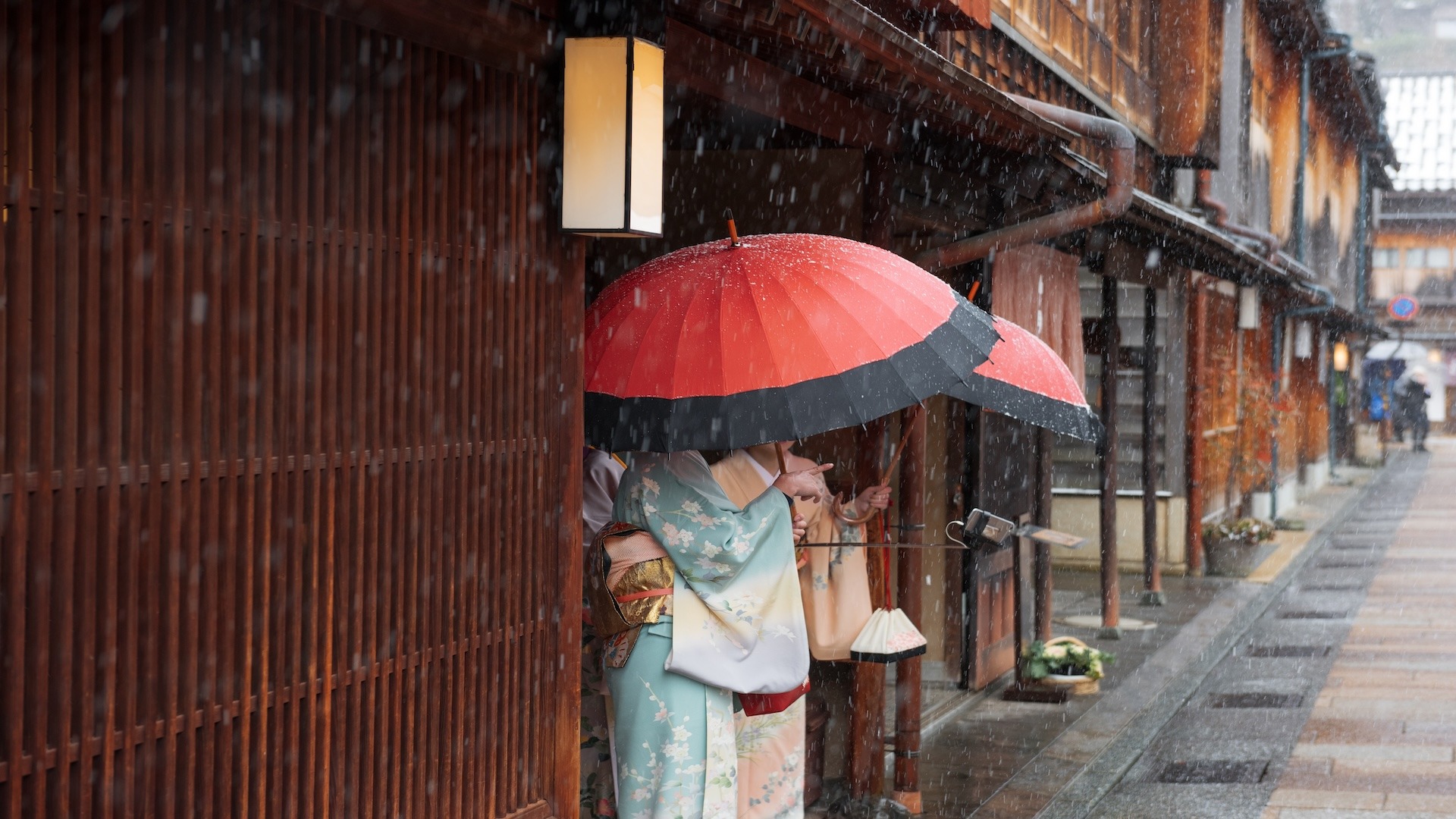
Practical advice for travelers
Traveling during a cultural festival can be an enriching experience, but it is important to plan ahead to make the most of your visit. Here are some practical tips to help you navigate your way through the festival:
- Plan your trip: With so many events taking place across the country, it’s crucial to prioritize the ones you want to attend. Check out local listings and event schedules to plan your day effectively.
- Booking Accommodation: The Cultural Festival is a popular travel time for locals and tourists alike, so be sure to book your accommodations in advance. You may want to consider staying at a traditional inn for an authentic experience.
- Use of public transport:Japan’s public transportation system is efficient and convenient, making it very easy to get around. Consider purchasing a Japan Rail Pass for unlimited rides on trains and buses.
- Respect for local custom:When participating in cultural events, be mindful of local customs and traditions. Dress appropriately when visiting temples and shrines, and be sure to remove your shoes when entering traditional homes.

